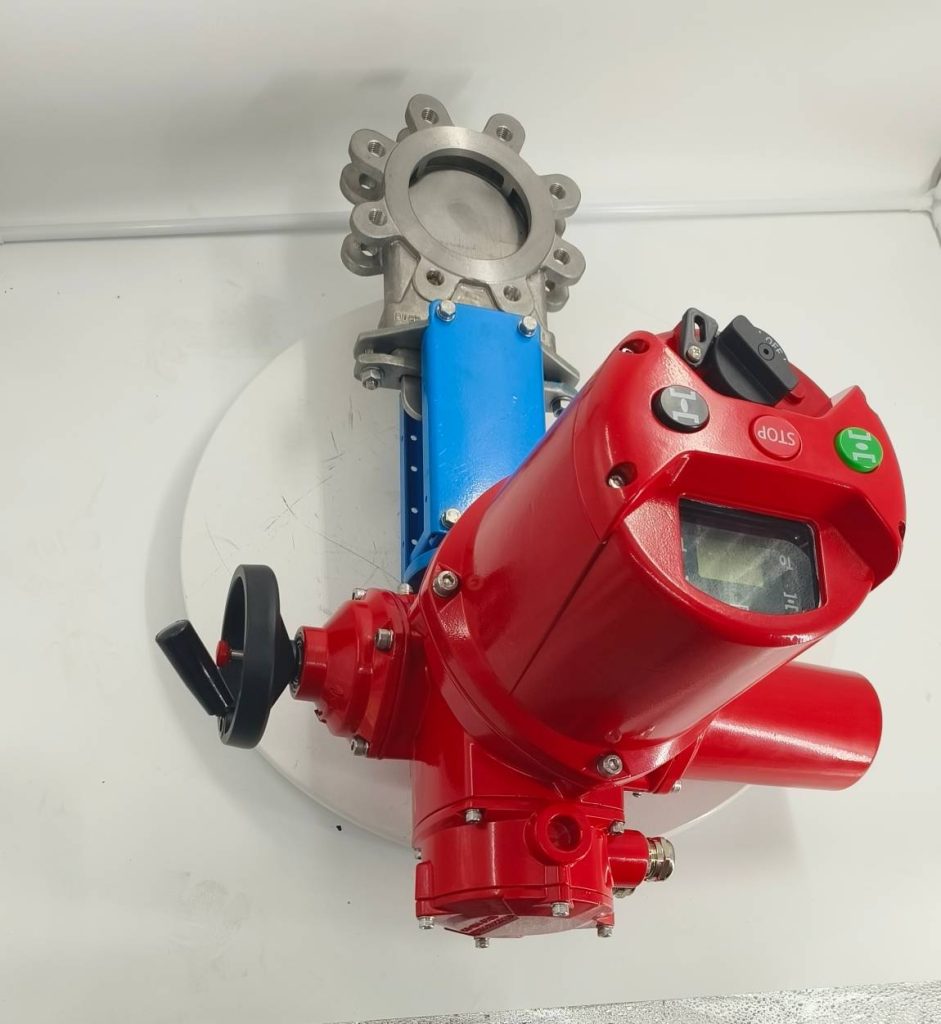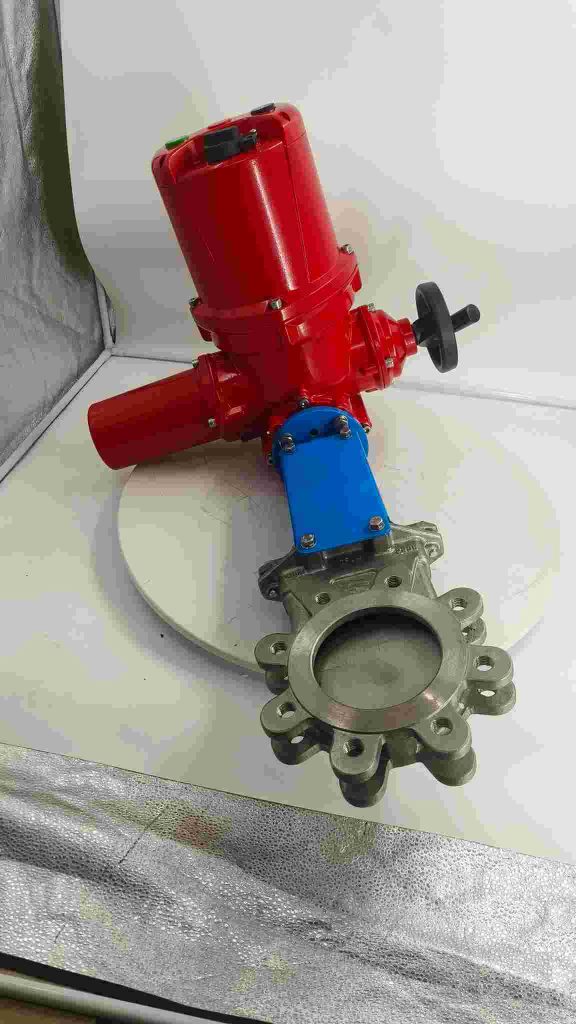As the world continues to focus on clean energy solutions to combat climate change, hydrogen energy has emerged as one of the most promising alternatives to fossil fuels. Hydrogen energy is a clean source of power that produces only water vapor as a byproduct when used. In various sectors, hydrogen is being considered for storage, transportation, and generation, with a significant focus on its potential to decarbonize industries such as transportation and manufacturing. One of the essential components in the management of hydrogen energy systems is the hydrogen energy electric gate valve. These valves play a crucial role in safely and efficiently controlling the flow of hydrogen in pipelines, storage systems, and production plants. This article explores the importance, technology, and applications of hydrogen energy electric gate valves.

What is a Hydrogen Energy Electric Gate Valve?

A hydrogen energy electric gate valve is a mechanical device used to regulate or control the flow of hydrogen gas in various industrial applications. It is a type of valve that uses an electric actuator to open or close the valve, allowing for precise control over the flow of hydrogen. The primary function of this valve is to ensure that the hydrogen is safely transported or stored under regulated conditions. Given the highly flammable and low-density nature of hydrogen, the valve’s role is critical in preventing leaks and ensuring system integrity. The electric actuator is powered by an electrical signal, enabling remote control and automation, making it particularly useful in systems where manual operation would be inefficient or unsafe. Electric gate valves are designed for high performance, durability, and safety, as hydrogen systems often involve high-pressure environments and complex operational needs.
